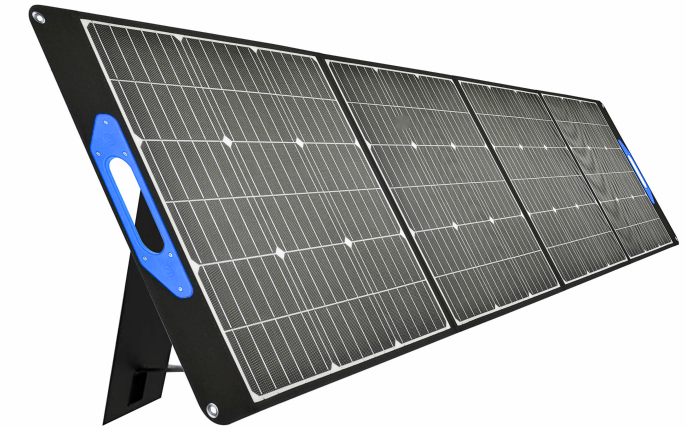Porosity refers to the ratio of the pore volume in a rock (or the volume of space not filled with solid matter) to the total volume of the rock. It is a critical parameter in understanding the properties of reservoir rocks, especially in oil and gas exploration. The study of porosity differs significantly between continental sequence stratigraphy and marine passive margin stratigraphy. In continental basins, sedimentation is influenced by various factors such as tectonic activity, climate, and lake level changes. These factors lead to complex sedimentary patterns, rapid lateral and vertical changes, and make the formation of sequence stratigraphic models more challenging. Chinese researchers have developed specific sequence stratigraphic frameworks tailored to the unique characteristics of Chinese basins, including the boundary features of the basin, system domains, initial and maximum lake levels, and the presence of slope breaks. These models are essential for understanding the distribution of reservoirs and guiding exploration efforts.
Effective porosity is a key concept in reservoir evaluation. It represents the proportion of connected pore space within a rock relative to its total volume. Unlike total porosity, which includes both connected and disconnected pores, effective porosity is crucial for assessing the ability of a rock to store and transmit fluids. Most oil reservoirs have an effective porosity ranging from 5% to 30%, with the most common values falling between 10% and 20%. Reservoirs with porosity below 5% are generally considered non-economic unless there are fractures or other natural pathways that enhance fluid flow. Porosity classification is often used in field assessments, with ranges like 0–5% indicating non-value, 5–10% as poor, 10–15% as medium, 15–20% as good, and 20–25% as excellent for reservoir evaluation.
Nuclear magnetic resonance (NMR) porosity is a powerful tool for measuring pore space in reservoir rocks, as it is sensitive to fluid content and provides high-resolution data. However, in complex continental strata found in China, discrepancies between NMR porosity and actual formation porosity are frequently observed, sometimes leading to significant errors. This has prompted research into improving NMR logging methods for better accuracy. Studies have focused on analyzing the factors affecting NMR measurements, conducting experiments on artificial and natural rock samples, and developing more suitable logging techniques for China’s geological conditions. To address this complexity, it is recommended that different regions adopt region-specific approaches and select appropriate NMR logging strategies to ensure more reliable porosity estimates.
In addition to laboratory analysis using core samples or cuttings, porosity can also be estimated through qualitative methods such as electrical resistivity measurements and radioactive logging. These tools provide valuable insights into subsurface properties and are widely used in exploration and production workflows. Understanding porosity is essential for optimizing well placement, evaluating reservoir potential, and maximizing hydrocarbon recovery. As exploration moves into more complex and unconventional reservoirs, accurate porosity assessment remains a fundamental challenge in the petroleum industry.

A solar cell panel, solar electric panel, photo-voltaic (PV) module, PV panel or Solar Panel is an assembly of photovoltaic solar cells mounted in a (usually rectangular) frame, and a neatly organised collection of PV panels is called a photovoltaic system or solar array. Solar panels capture sunlight as a source of radiant energy, which is converted into electric energy in the form of direct current (DC) electricity.
200W Solar Panel,Solar Panel Portable Charger,Folding Solar Portable Power Station With Solar Panel,Folding Solar Panel
suzhou whaylan new energy technology co., ltd , https://www.xinlingvideo.com